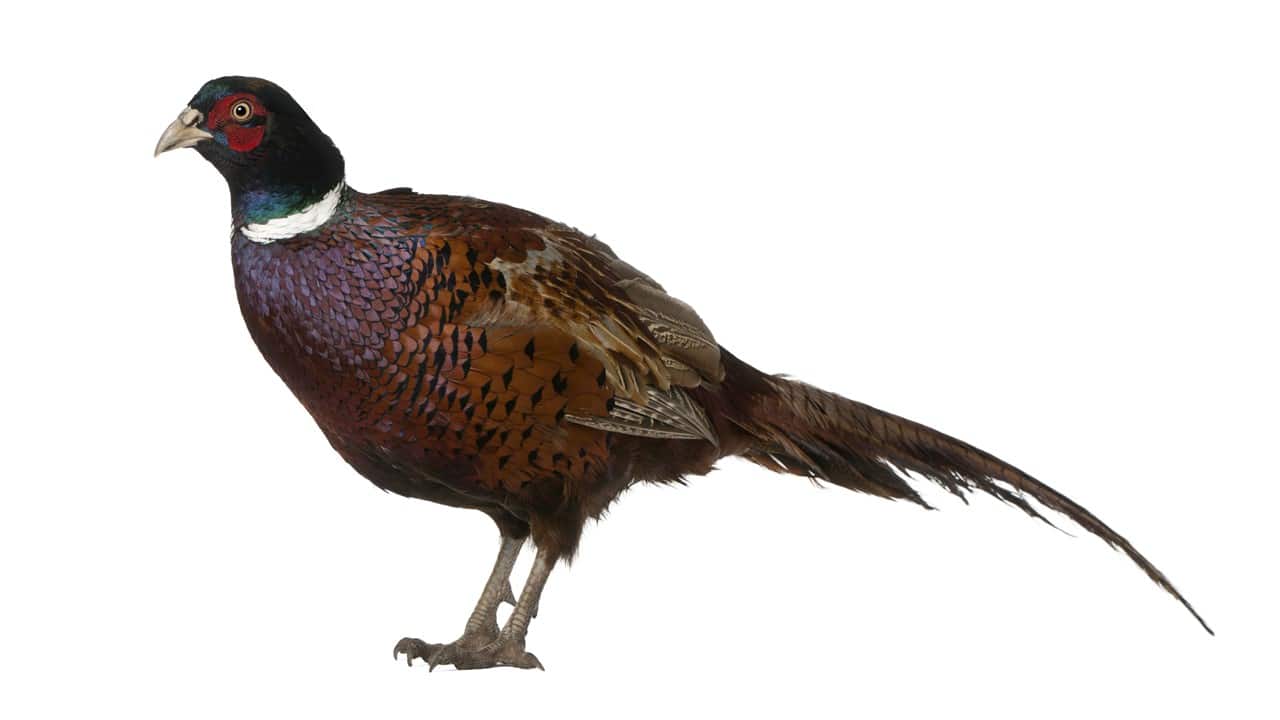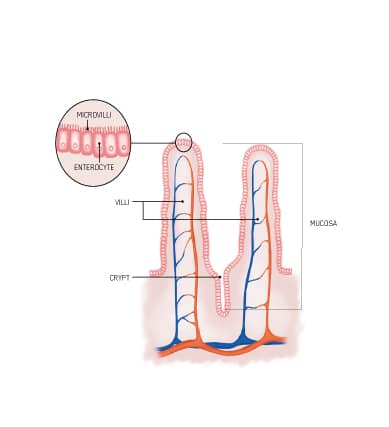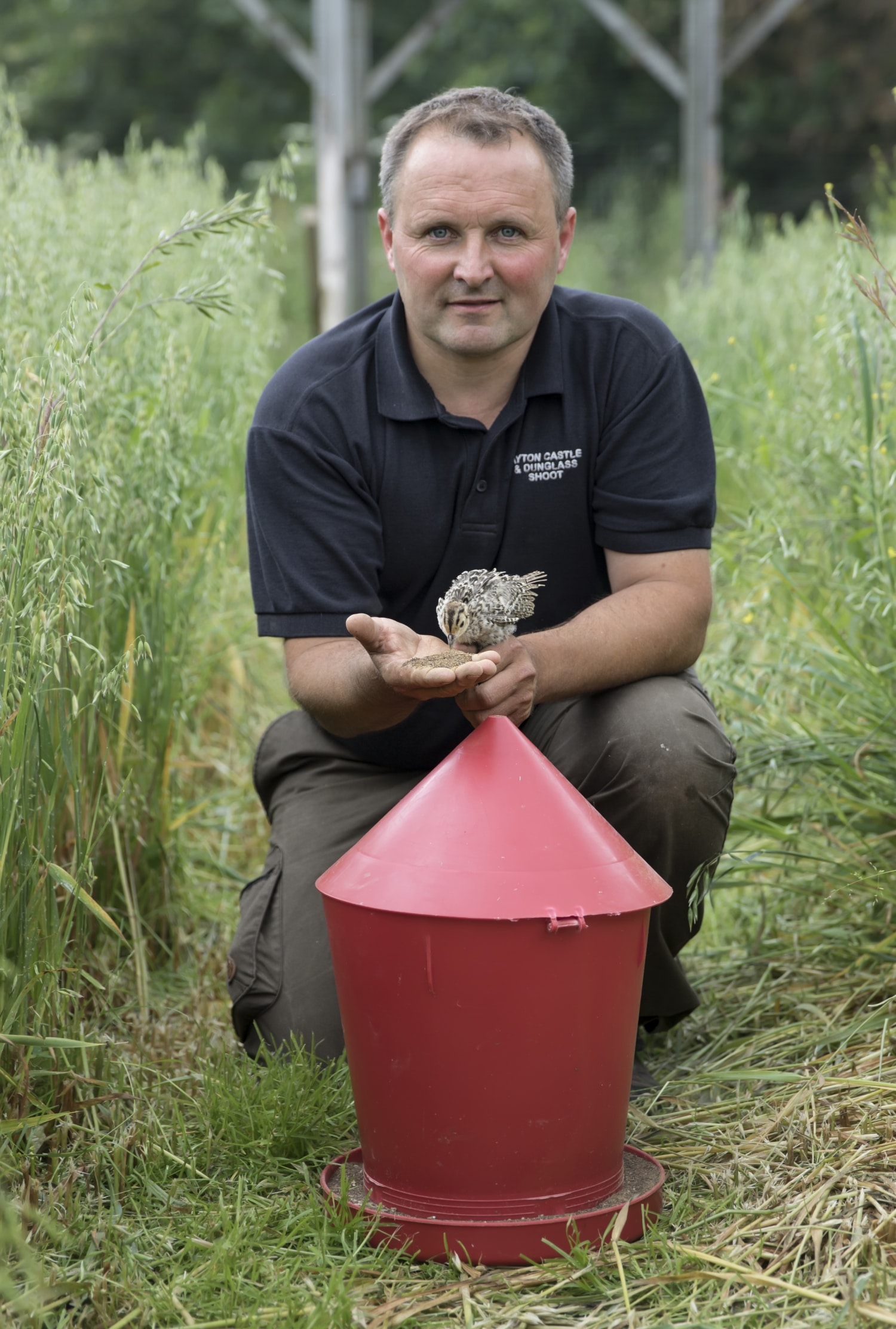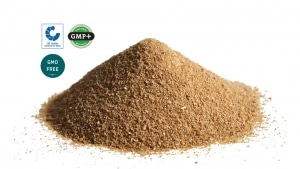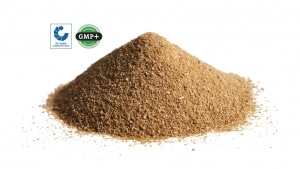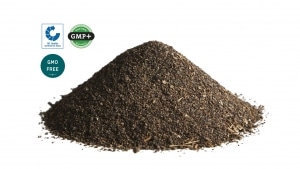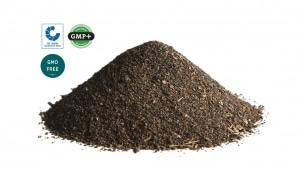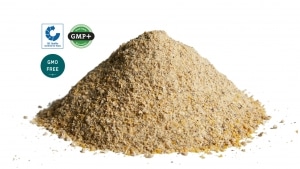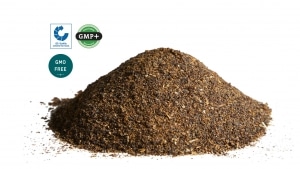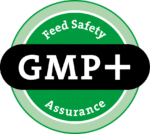Healthy game birds are big business!
Improving game bird health is a growing focus for breeders and producers as the mortality after release is high. A general need for antibiotics reduction in animal production and increased animal welfare focus urges producers and breeders to find solutions on how to improve both bird welfare and health.
Challenges in game bird feeding
Chicks are hatched indoors, later transferred to an outside aviary and lastly set free in the wild. Game birds are exposed to a wide range of bacteria and parasites once released in the aviary and in the wild.
Game birds gut microflora consist of both good and bad bacteria. In order to have a healthy gut flora, the composition of bacteria needs to be diverse and the number of bad and good bacteria need to be balanced.
In a protected environment, the gut microflora will be less diverse with an overweight of bad, pathogenic bacteria. This has a negative effect on the development of the gut and its ability to utilize nutrients and to developing a fully functional immune response. A weakened immune system makes the birds less resilient to disease once it has been released outside.
Feed benefits
How feed influences game birds
How feed influences game birds
In the poultry industry, it is well-recognized that quality of nutrition influences on the gut ability to utilize nutrients, its robustness to sustain a balance microflora and the health of the immune system. This knowledge can be applied for improvement of welfare and health for game birds as well.
Better use of feed
Complementary functional feed increases the bird’s absorption of nutrients and utilization of the feed provided. A better use of minerals and feed in general improves growth and can reduce feed cost.
Gut modulation in game birds
Complementary feed can nearly triple the amount of lactic acid bacteria and diversify the groups of bacteria present in the gut. Supplying a good functional feed can create a balance in the gut flora.
Better armour and immune system
Through complementary functional feed, a fully functional immune system and a robust gut lining can be developed. The gut lining works as an armour preventing bacteria from entering the blood stream and causing infection.
Reduction in bacteria
As a result of pathogenic bacteria being repressed, a lower count of bacteria in the faeces can be measured. Choose a complementary feed with anti-bacterial and anti-inflammatory compounds to ease the transition from aviary to release.
The complementary feed GAME BIRDS is based on fermented rapeseed and seaweed and contains probiotics (lactic acid bacteria) and prebiotic fiber. More than 1.000 bioactive metabolites support gut and immune system development.
Recommended use for functional feeding:
There are two ways of using EP GAME BIRDS. You either feed the complementary feed next to the complete feed during rearing. Or you can mix EP GAME BIRDS in your complete feed. Keep feeding after release to continue supporting gut health. Contact us for more information about how to use EP GAME BIRDS.
PROTEINS
For more information about our fermented proteins
ABOUT EUROPEAN PROTEIN
European Protein is a Danish family-owned protein producer. We work to promote health and productivity for animals through functional and sustainable plant proteins. The company was founded in 2011 and has protein factories in Denmark, Ukraine and the US.
HEAD QUARTER
European Protein A/S
Vorbassevej 12, 6622 Bække, Denmark
+45 75 38 80 40, [email protected]
VAT No. 33643675
FACTORIES
Denmark
Mangehøje 4, 7300 Jelling, Denmark
+45 75 38 80 40, [email protected]
Ukraine
222-a Vokzalna Street, Rokytne 09600, Kyiv Region, Ukraine
+38 044 390 40 54, [email protected]
USA
1201 N Ellis Rd #7055, Sioux Falls, SD 57107, USA
+1 605-338-9775, [email protected]

